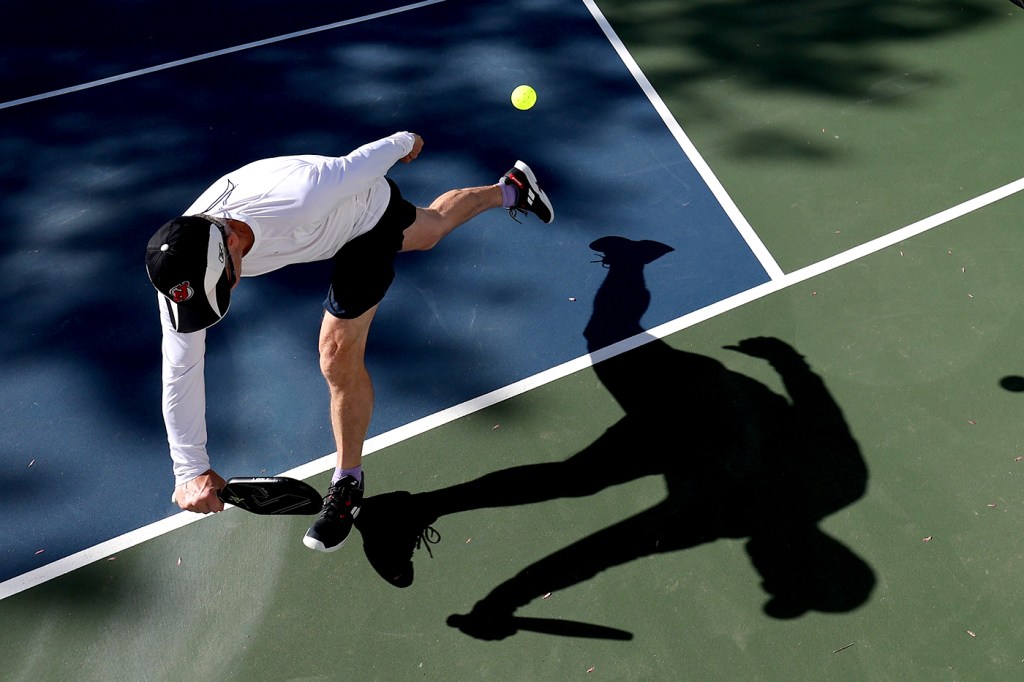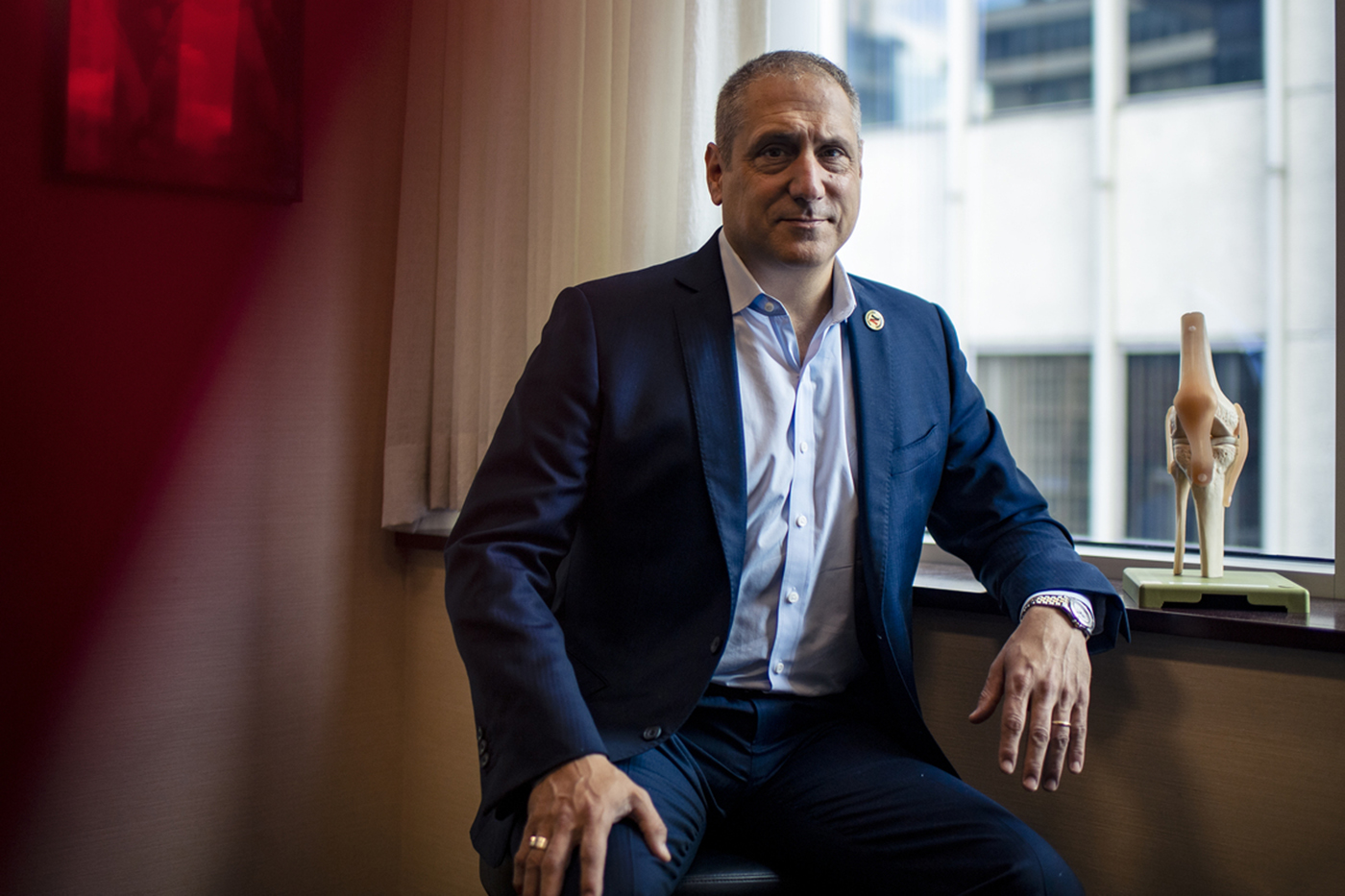What are the most common pickleball injuries and how to prevent them?

Ask Dr. Gian Corrado about injuries suffered by his pickleball playing patients, and the list is long.
Ruptured Achilles tendons. Wrist and finger fractures. Hamstring tears. Lower back strains. There’s even a painful condition called “pickleball elbow,” akin to “tennis elbow.”
“Lots of falls,” says Corrado, director of emergency medicine at Massachusetts General Hospital and head team physician for Northeastern University.
“Pickleball’s strength is also its greatest weakness. It’s very accessible,” meaning people can play after they age out of tennis or basketball, he says.
“We’re seeing a lot of older people in the sport, and a lot of weekend warriors.”
When they get out on pickleball courts, which seem pint-sized compared to tennis courts, players may go too hard and too fast on hard-packed surfaces that require a lot of stopping and starting.
The good news for fans of America’s fastest growing sport is that conditioning and strength training can help prevent or at least minimize the risk of incurring the types of injuries that impacted an estimated 19,000 players from 2001-2017, according to the Journal of Emergency Medicine.

Build endurance
“One prevention tip is just to be in condition,” Corrado says.
Working out on an elliptical machine or stationary bicycle may not be as much fun as meeting other people on the pickleball court for a fast-paced game, but conditioning is an important component in keeping players in the game instead of sidelined with an injury.
Building up endurance helps prevent fatigue, which Corrado called a major contributor to injuries. “We get tired, we get injured more,” he says.
Also keep in mind that as people age, they tend to take longer to heal, he says.
The pickleball court finder website, pickleheads.com, says that the largest age bracket for pickleballers is the age 18-34 group, which it says makes up 28.8% of 36.5 million pickleball players in the U.S. in 2023.
But the Journal of Emergency Medicine says that people 50 years old or older accounted for 90.9% of pickleball injuries in its study of pickleball-related emergency room visits.
Strengthen your core
Pickleball, which has been described as a cross between tennis, badminton and ping pong, requires a lot of side to side movements and quick changes in direction, Corrado says.
Strengthening major muscles—abdominal, core and peri-pelvic—will help pickleball players stabilize their bodies as they bend, stretch and jump around.
Corrado says he’s a big proponent of yoga and pilates to build up strength.
Isometric exercises and lifting low weights with high repetitions are also good ways to build up core strength to get ready for courtside action, he says.
Focus on wrists, quads, hamstrings
Corrado, who is also a team physician for the New England Patriots, advises pickleball players to focus on strengthening and improving flexibility in key body areas that tend to get injured, such as the wrists, quadriceps and hamstrings.
A website that sells pickleball gear, paddletek.com, offers a variety of strengthening and cross training exercises.
Stretching the hamstrings should be part of a regular exercise routine anyway, since the practice can stave off everything from plantar fasciitis to lower back pain and tendonitis, Corrado says.
For the quadriceps, Corrado likes to have patients do the chair pose in yoga, holding squats or slow motion squats.
Conditioning, strengthening and stretching may seem like a lot of preparation for a fast, sweaty game of pickleball with friends old and new, in which socialization is part of the appeal.
But Corrado says the preventative measures are a key way to keep the fun going while playing what pickleheads.com describes as America’s fastest growing sport.
“Anybody can grab a paddle and play,” Corrado says. The key is to be able to keep on playing.
Cynthia McCormick Hibbert is a Northeastern Global News reporter. Email her at c.hibbert@northeastern.edu or contact her on Twitter @HibbertCynthia.






